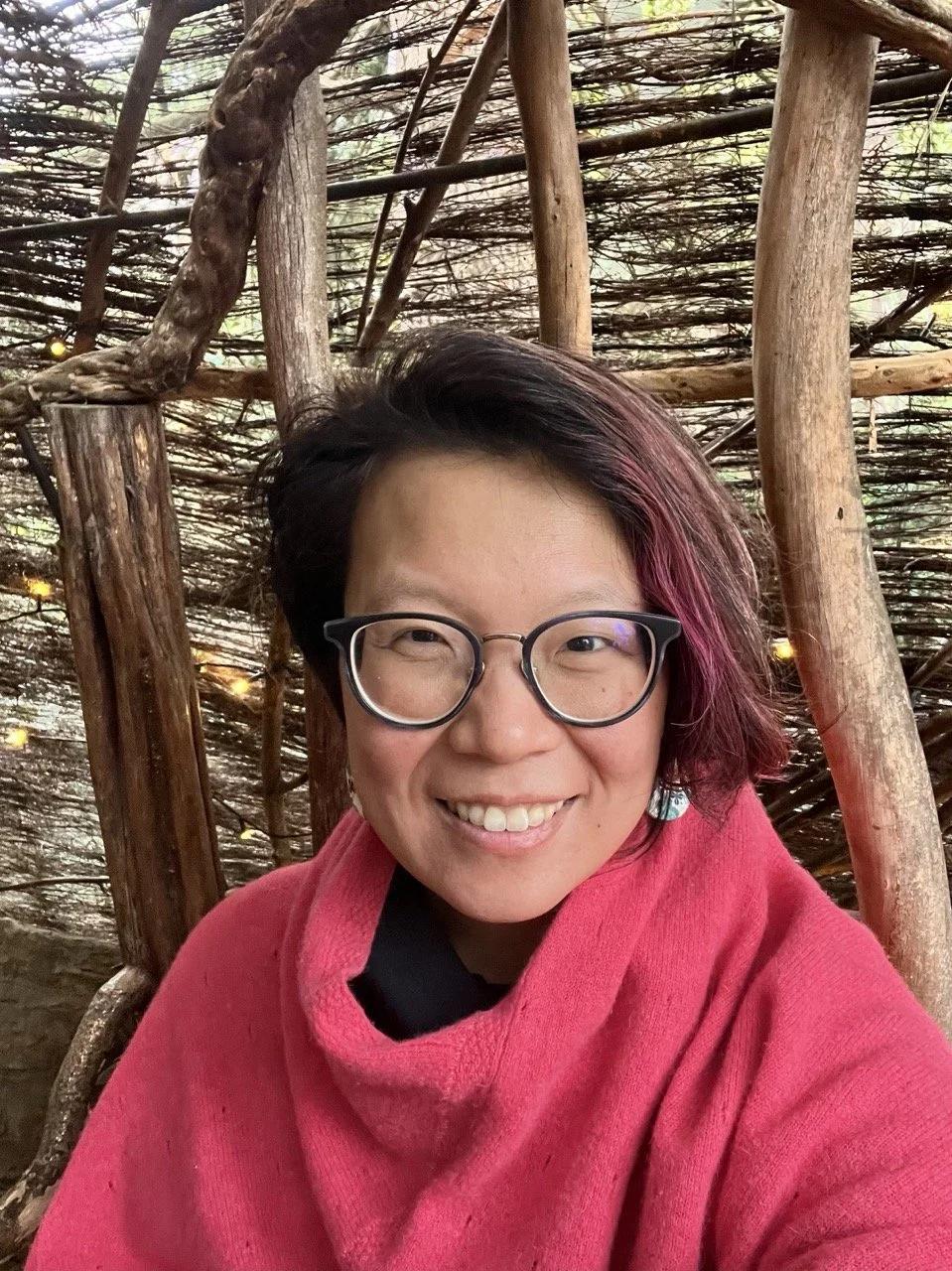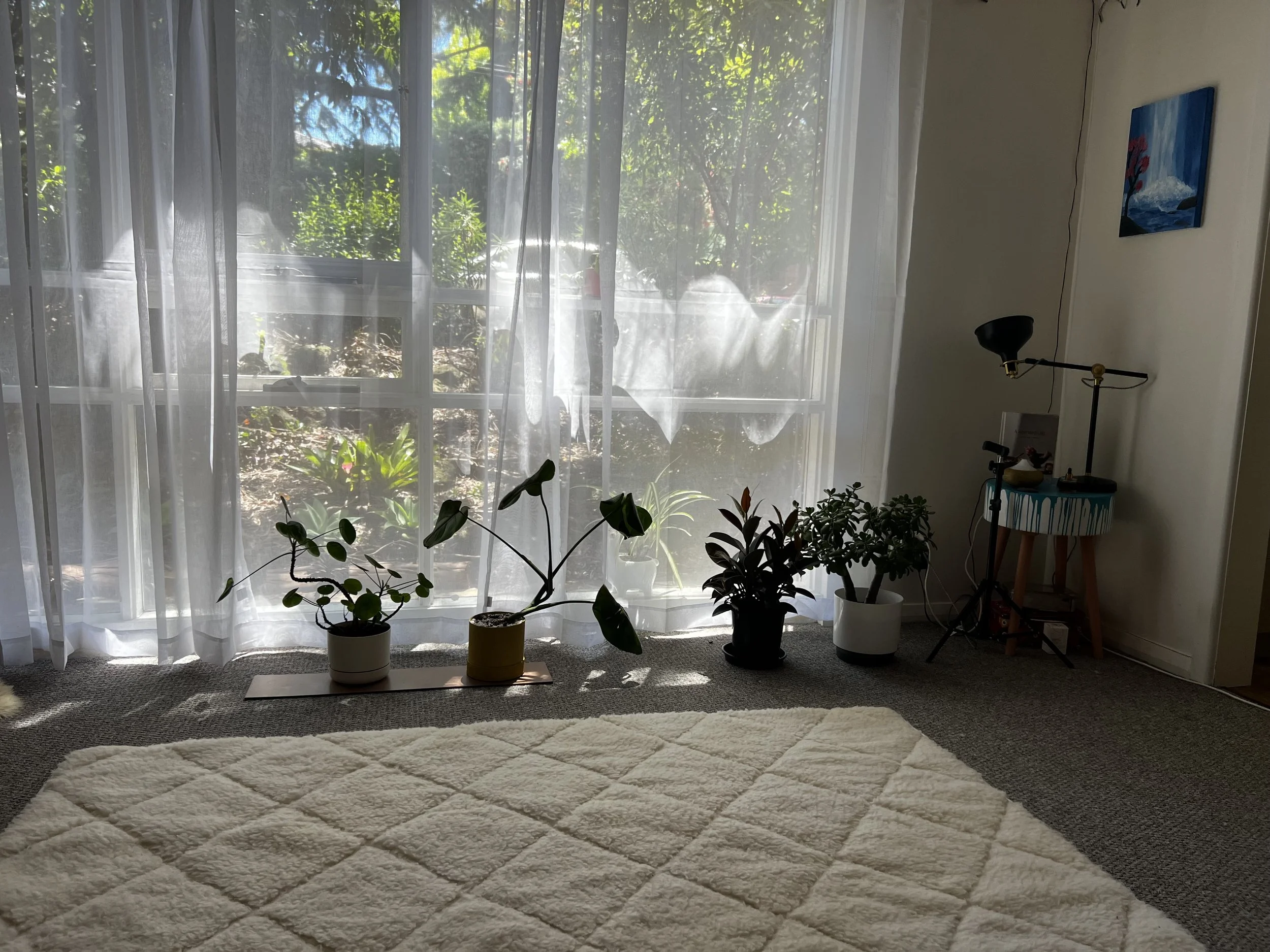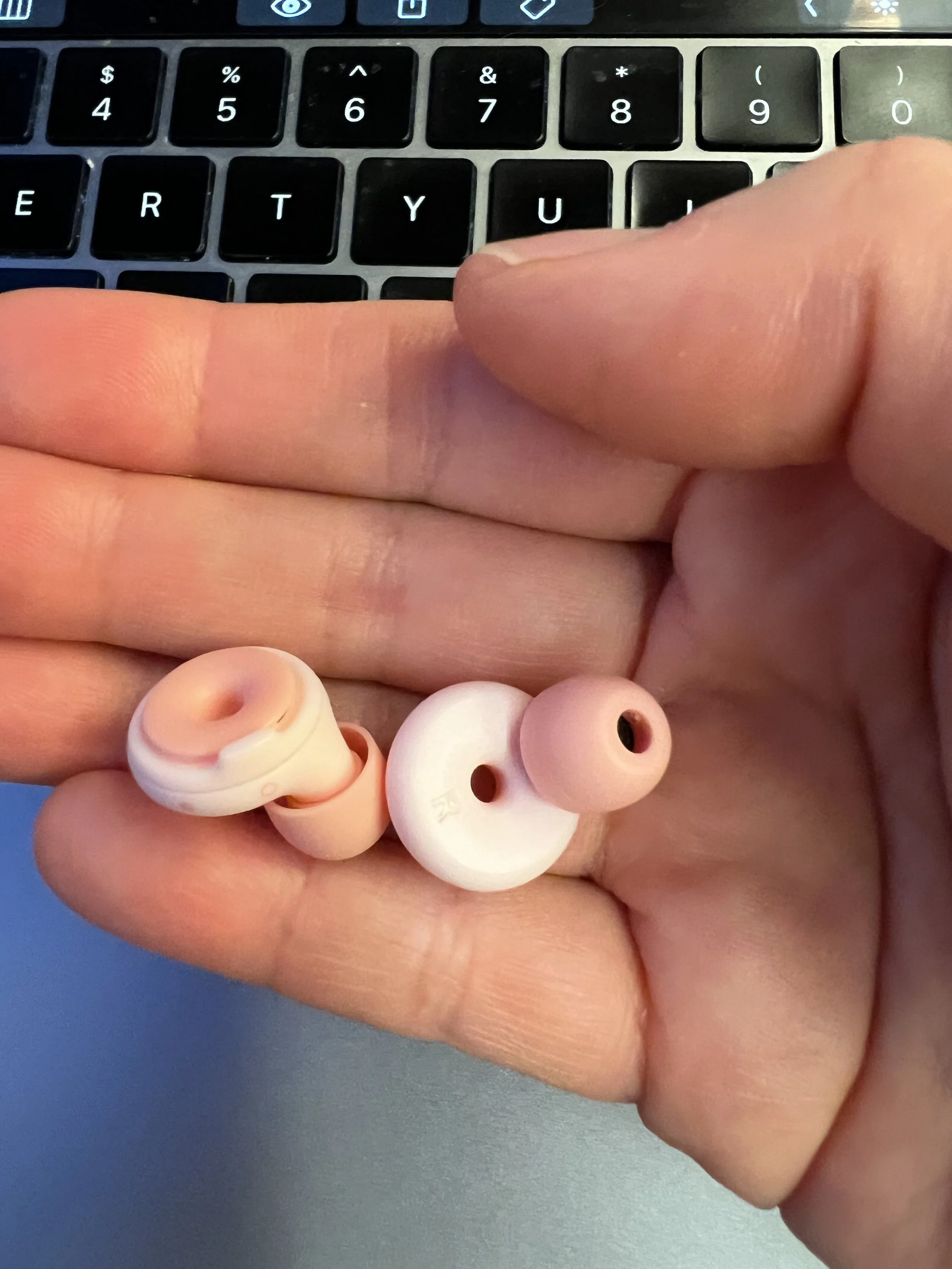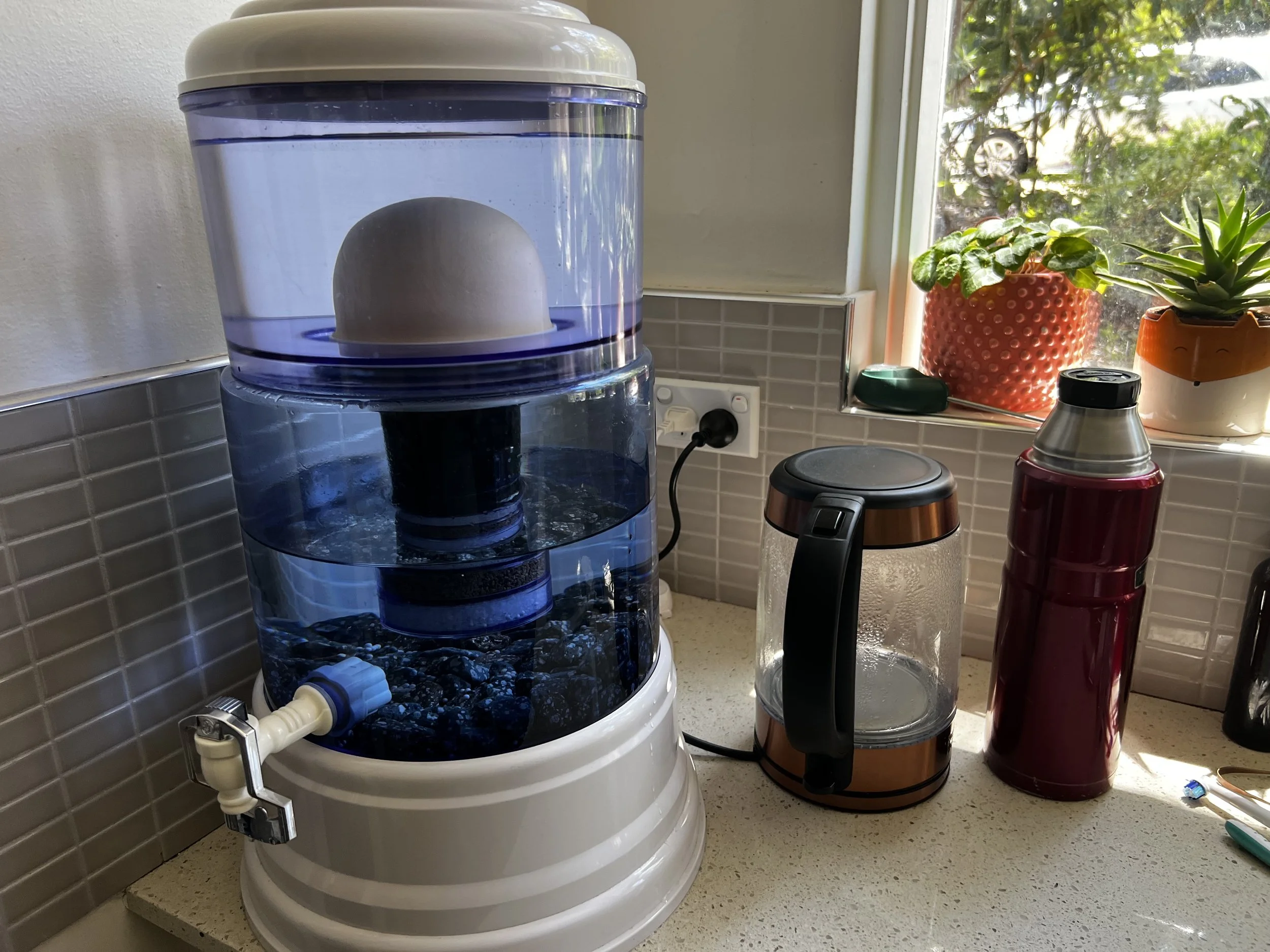Thriving as a Highly Sensitive Person: HSP Tools and Strategies
Life as a Highly Sensitive Person
I've always been a very sensitive person - sensitive to energies in a space, how people feel, and sensory input. This could be light, sound, smell, touch, and energies in a space. In this blog, I share the impact of sensory processing sensitivity and how to thrive if you too, relate to being a highly sensitive person.
What is a Highly Sensitive Person (HSP)?
A Highly Sensitive Person is someone who is greatly impacted by the physical environment and are very sensitive to the emotions of people in a space. They feel and see these very sensitively, and when exposed for a long time, can overwhelm them. They may cry easily in movies, or jump in fright at small sounds or interruptions. Crowds can be overwhelming, as they try to navigate the world.
It may sound like a disability, but for me, it’s a superpower. As we can sense and pre-empt situations, and be attuned to and respond to our environment quickly. However, until they realise this superpower, it can present as a sense of ‘what’s wrong with me?’
In this blog article, I share some of the wonderful tools that I use to create a thriving space for my wellbeing, and in turn, showing up in the world with greater love and compassion.
Emotional + Sensory Sensitivity: Why It Feels So Intense
Sensory and emotional sensitivity are closely linked. If I'm overwhelmed by the sensory environment, my internal world is also impacted. I also sense what’s happening in people around me. When I sense others, I often feel what they're feeling too. Sometimes it's quite challenging because I can't always tell what’s mine and what’s someone else's.
HSP Tips for Sensitive People
Some of the things I've created in my world are little things that support me - firstly from an external, sensory environment perspective. These are some of my HSP strategies that I've incorporated into my life - I hope this supports your sensitive nervous system.
Clothing + Fabric Choices for Energy Support
I often wear soft natural fabrics such as wool. It's very soft and light, and it gives me a sense of cocooning. I’m starting to introduce more organic cotton clothing into my closet– I really love Bhumi. These fabrics give me a sense of home, whether I’m out and about or within my own space.
Fabrics also have its own frequency – higher frequency fabrics include linen, wool, organic cotton. Surprisingly silk is low, on the same scale as the polyesters and nylons. Why it’s important to consider the fabrics is because fabrics that resonate at a higher frequency impacts directly on our own frequencies. Lower frequencies can have a lower impact on our general wellbeing – physical, emotional and mental. Have you noticed how many healers and spiritual leaders where white cotton or linen?
I also furnish my home surroundings with wool where possible – I use wool mattress underlays as rugs. It's cozy, warm, and very cost-effective. I've placed these around the house to bring that sense of coziness into my home.
Colour: Wearing What Feels Like You
Colours have a direct impact. You may notice I tend to wear bright bold colours. Colours also have a frequency that can either lift or suppress our energies.
For me, Fuchsia (bold pink), purple, cobalt really suit my complexion and personality. When I wear these colours, I feel great! I notice the response people have to me long bfore I open my mouth. It’s quite impactful.
There are meanings behind colours also – purple has been associated with spirituality. For me, Fuchsia represent aliveness, vitality, sass, and boldness. Cobalt is like royalty for me. I feel like queen walking around in my cobalt coat.
Lighting Matters: Creating a Soothing Visual Environment
In terms of visual, bright lights - such as fluorescent or cool white lighting - these can feel really harsh and draining on the body - leaving a person depleted and overstimulated.
To create sensory overwhelm support in my home, I use warm white lamps and fairy lights to soften my sanctuary - creating a loving home to retreat into.
I lean towards homes with lots of natural light, as I work at home – this is super important for me.
How I Navigate the World as a Sensitive Person
When I’m out, I obviously can’t wear a fairy light hat around (wouldn’t it be amazing!), so I’m mindful of where I go. If I need to visit a client's workplace, I try to sit where I’m not directly under a light or facing a big TV screen – common sightings in meeting rooms. I also try to go for a walk during the day to get some natural light and fresh air.
When I choose places to eat, I often scout the photos in reviews to see what the layout is like. If the space has concrete floors, an open kitchen, and high ceilings, I know it’ll be echoey and harsh on my system - so I tend to avoid those.
Sometimes bright lights can’t be avoided altogether – such as airports, trains etc. So in winter, I wear a woollen beanie, which helps to provide a cocoon and I’ve also once travelled with a gorgeous sunhat on the plane which made a huge difference. Sunglasses is also another option.
When I go for walks, I tend to take little detours. If I see construction or roadworks, I’ll check the map and find the greenest path - somewhere away from motorways. That’s another small but important thing I do. It’s a bit more challenging in cities, but it helps.
Managing Sound Sensitivity in Everyday Life
Sound is another big one. In noisy environments, I use these Loop earplugs. They control the amount of incoming decibels. If I’m in a café having a conversation, I usually wear them.
They block out background noise - like milk steaming in a coffee machine, chattering, and clanging - but I can still focus on the person I’m speaking with. The downside is, my voice sounds louder to me when I wear them, which takes getting used to, but they allow me to stay in busy spaces for much longer.
Conscious Connection: Relationships + Social Energy
I’m quite selective and discerning about who I spend time with and how often. I don’t catch up with many people- I need a lot of time alone to recharge. I’m very intentional about who I spend time with and what nourishes me. I also consider how my presence nourishes them. I thrive more in intimate spaces - one-on-one or with two people - where we can have in-depth conversations. I’m not really drawn to light, surface-level chats; they tend to drain me. But when the conversation goes deep, it nourishes my soul.
If I know I’m going to be out for most of the day, I try not to pack my schedule too tightly. That’s been a big learning for me. I usually keep the next day free or make sure I can wind down with a long bath, or light the candles I make. Creating a curated space like that helps bring me calm and nourishment.
The Balance Between Curation and Spontaneity
When I say curated, I don’t mean planned down to the detail. I’m actually very spontaneous - I love responding to what arises. For example, if I see a deal for a musical, I might just go that night. Or if a friend calls and says, “Hey, I’m in town - can we catch up?” I love saying yes to things like that. Spontaneity is very important for me.
Reducing Digital Overload as a Highly Sensitive Person
Some grounding practices for sensitive people is to reduce the digital exposure to their nervous system.
I don’t watch the news – there’s a lot of noise, bias, and agendas that require a lot of my energy to sift through. I often find that particular information arrives to me when it’s necessary – the universe has a way of informing me.
Likewise, I don’t watch many movies or TV series – especially horror or crime. My system gets very absorbed and the stories can play for days afterwards. I generally don’t enjoy the thrill of it, which is why I don’t choose them. Of course, if it’s something I really want to watch, I will – I don’t limit my way of living!
Creating a Low-Stimulation Home Environment for HSPs
I use only two electronic devices at home – phone and laptop. I don’t own a TV, microwave, smart devices and limit devices that emit frequencies that could impact on my sleep and wellbeing. I recently switched the ethernet cables, rather than wifi to help with minimising my exposure (and it’s a more stable connection). For nervous system support for HSPs, this may be something to consider.
To help reduce the amount of chemical exposure, I make my own laundry powder with grated soap, soda bicarbonate, borax. I create my antiseptic degreaser with ethanol, essential oil and water which I use to wipe all surfaces, floor, stove and toilet. I use natural detergent, soap nuts and basic soaps. All this helps with creating an environment that is supportive for me.
Why this matters: When our home environment quietly supports our nervous system, we no longer have to brace against the world. Instead, we begin to feel safe enough to soften, connect, and thrive.
Water: Nourishment for the Sensitive Body
While our water in Australia is good, it is also filled with chlorine and fluoride. I use a 10 step water filter – Zazen which also helps to alkalise the water and honestly my body absolutely loves it!
The top ceramic filter gets brown after about 10 days – imagine that in your body!
Travel
I’m an avid traveller. However, travelling can be tricky and I’ve been caught so many times. Domestic travel in Australia is far more manageable – I can drive where I have my own car as my cocoon, and I can factor in quiet spaces, or find green patches or quiet spaces to rest and rejuvenate.
International travel – I used to try to pack as much into my weeks as I can – visiting multiple countries over 6 weeks at a time in Asia and Europe. Often in cities, which would drain me. I’ve learnt staying in self-contained accommodation has really helped me to stay grounded – a place where I can cook a simple meal and do basic laundry, or simply rest without worrying about ‘housekeeping’ knocks. For my upcoming trip to Europe, I will be moving more organically, and looking for small towns to travel through – something that I’ve found suits my personality better.
Though I’ll inject the buzz and excitement of cities every now and then!
Food
Speaking of travel – food doesn’t always agree. Even if the place has amazing food, my comfort food is often broth, fresh rice noodles, bokchoy and simple strips of beef. I recall travelling through South America (which I’ve done multiple times), where I was tired of the food and craved familiar Chinese food. So for future trips, I will pack sachets of miso and maybe some healthy dried noodles as emergency.
Essential Oils + Natural Remedies for HSP
I use essential oils to support my nervous system. In particular rose geranium - great for supporting a woman’s hormonal system – I blend it into my moisturiser and mix with jojoba oil as a roll on that I carry around. I also use lavender oil for calm and relaxation, peppermint when I’m tired or for tired muscles. I use gorgeous oil blends – womb oil and breast oil to support my overall wellbeing.
Closing Reflections: Thriving as a Highly Sensitive Person
There are many things I have subconsciously and consciously put in place in my life to support my wellbeing and contribute to me thriving. Without needing to ‘fight’ the stimuli and interruptions to my body, I am able to better focus on my growth, and what I offer into the world.
I’d love to hear how you as a Highly Sensitive Person support your own thriving ecosystem - comment below!
If you long for a life that feels gentler on your system and truer to who you are, I offer 1:1 mentoring for sensitive souls ready to return to themselves.
Together, we’ll shape the kind of inner and outer environment where your sensitivity becomes your deepest strength.





